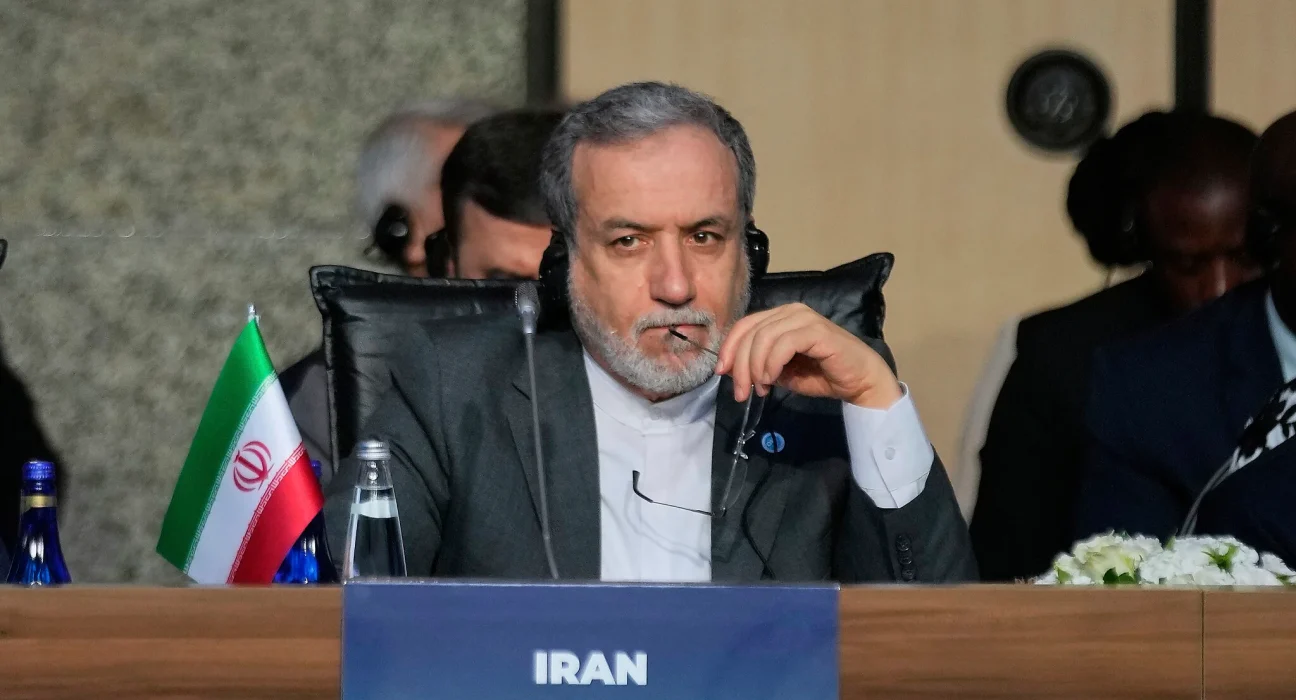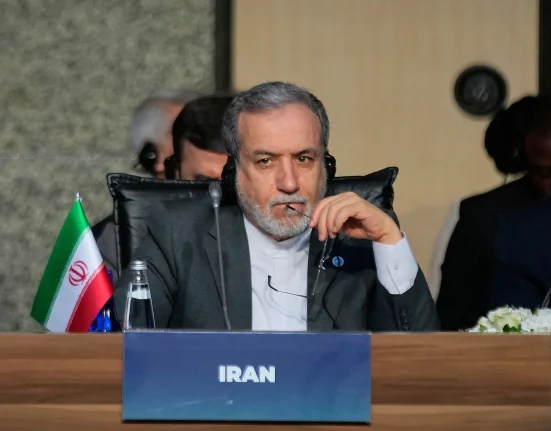Istanbul/Tehran – June 23, 2025 – Iran has issued a stern warning to the United States, holding it “solely and fully responsible” for what it described as an act of aggression following U.S. airstrikes on Iranian nuclear facilities. The warning was delivered by Iran’s Foreign Minister, Abbas Araghchi, during an emergency session of the Organisation of Islamic Cooperation (OIC) held in Istanbul on Sunday.
Speaking just hours after President Donald Trump confirmed that U.S. fighter jets had carried out precision strikes on three key Iranian nuclear sites, Araghchi condemned the assault as a grave breach of international norms and an outright provocation.
“The United States has crossed a very big red line by deliberately targeting our sovereign nuclear infrastructure,” the Iranian diplomat declared. “It is an outrageous, grave and unprecedented violation of the fundamental principles of the Charter of the United Nations and international law.”
Araghchi emphasized that Iran will not allow such an assault to go unanswered, warning of potential consequences that could reverberate across the region and beyond. “The warmongering and lawless actions of the U.S. administration will not go without repercussions,” he said. “They are solely and fully responsible for the dangerous consequences and far-reaching implications of this reckless act.”
He also called on the United Nations Security Council to convene urgently and take decisive action to deter further escalations, while urging the international community, particularly fellow Muslim nations, to condemn the attack and prevent the outbreak of a wider conflict in the Middle East.
The U.S. airstrikes reportedly targeted nuclear facilities in Fordow, Natanz, and Isfahan, areas previously identified as core to Iran’s nuclear energy development. American officials claimed the mission was designed to “neutralize Iran’s capacity to develop weapons-grade material” amid growing intelligence suggesting clandestine nuclear activities.
While Washington insists the strikes were defensive and necessary to prevent Iran from acquiring a nuclear weapon, Tehran maintains that its nuclear programme remains peaceful and under the supervision of the International Atomic Energy Agency (IAEA).
The international community is now on high alert as fears of a broader military confrontation continue to escalate. Several governments and regional bodies have urged restraint and renewed diplomatic engagement to avoid further destabilisation in an already volatile region.
With tensions at boiling point, Iran’s warning signals a potentially dangerous chapter in U.S.-Iran relations, raising the spectre of retaliation and a deepening security crisis in the Persian Gulf.

